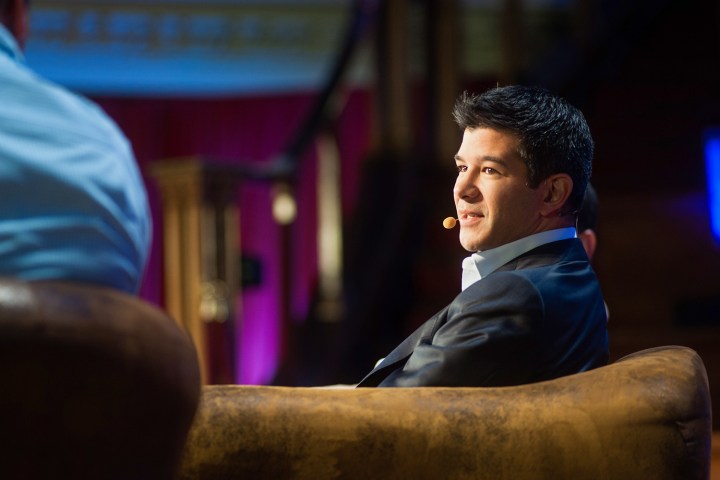
Signs began pointing toward the investment a few months ago. On Tuesday, October 3, Uber’s board of directors voted for governance changes that are said to “reshape the balance of power” and “[pave] the way for … the company to go public by 2019,” as per a New York Times report. As part of that power adjustment, the influence of board members — including Kalanick — will be reduced, allowing the company to move forward with an investment from Japanese conglomerate SoftBank, and perhaps an IPO.
In November, the long-awaited SoftBank investment finally came to fruition, as Uber approved the company’s $10 billion investment — $9 billion toward buying existing shares, and $1 billion in direct investments. “We’ve entered into an agreement with a consortium led by SoftBank and Dragoneer on a potential investment,” Uber said in a statement. “We believe this agreement is a strong vote of confidence in Uber’s long-term potential. Upon closing, it will help fuel our investments in technology and our continued expansion at home and abroad, while strengthening our corporate governance.”
Not everyone agreed with the lawsuit, however. In an email obtained by Axios, three investors — Shervin Pishevar, Ron Burkle of Yucaipa, and Adam Leber of Maverick — called Benchmark’s lawsuit “ethically dubious and, critically, value-destructive rather than value enhancing.” Noting that the case would be “fratricidal,” the three individual investors said that the move could “cost the company public goodwill, interfere with fundraising, and impede the critical search for a new, world-class chief executive officer.”
News of the 40-year-old founder’s departure from the company followed mounting criticism over the way the company has been conducting its business. In a statement seen by the Times, Kalanick said: “I love Uber more than anything in the world, and at this difficult moment in my personal life, I have accepted the investors’ request to step aside so that Uber can go back to building rather than be distracted with another fight.”
According to reports, Kalanick’s decision followed a revolt among shareholders who told him that new leadership was required for the company to move forward.
Kalanick, who founded Uber in 2009, reportedly received the demand by letter while in Chicago. After several hours of discussions, he finally agreed to leave the top job.
While Uber has always faced plenty of criticism about how it conducts its business, matters appeared to take a turn for the worse earlier this year when a former employee made allegations of a company culture where sexual harassment and gender discrimination was rife.
Besides concerns about its workplace culture, the company is also embroiled in a legal battle with Google spinoff Waymo over the alleged theft of autonomous-car tech. It’s also facing a probe by the Department of Justice following accusations that it used secret technology to hide its vehicles from officials in some cities where attempts were being made to cut down on the service.
Uber’s investors hope new leadership will set the company on a steadier course free of controversy, but even the decision to force out Kalanick has proven controversial. As originally reported by Recode, Uber employees circulated a petition asking the company’s board to keep Kalanick on in some capacity; it garnered more than 1,000 signatures.
Update: Uber has finally signed SoftBank’s $10 billion investment.


